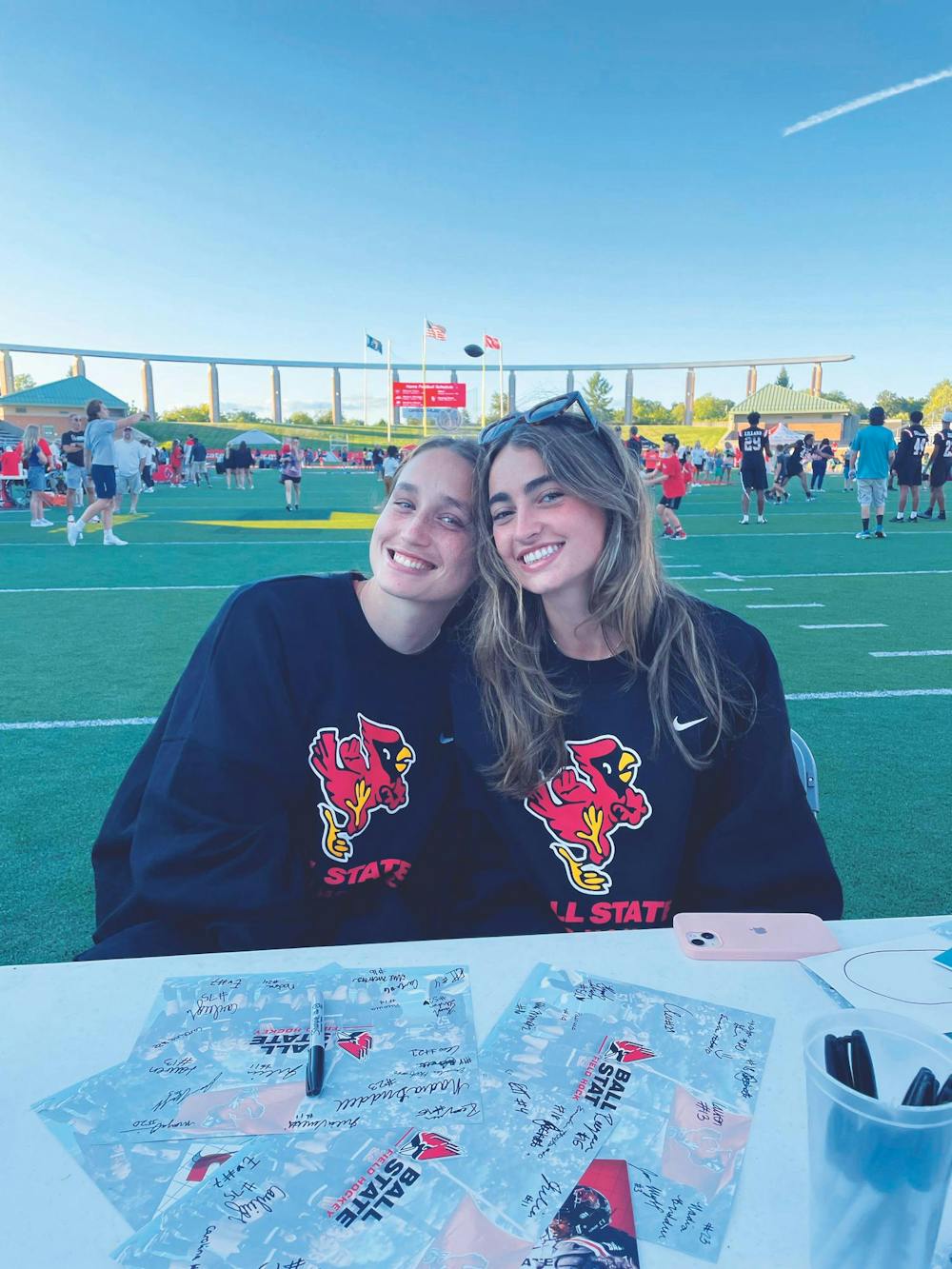Coming to a new country to study, meet new people, and explore opportunities may sound exciting, but for senior advertising and digital media student Paloma Gomez, it came with challenges she hadn’t anticipated. From Madrid, Spain, Paloma’s journey to the United States came with unexpected cultural differences and isolation, especially amid the COVID-19 pandemic.
“In Spain, everyone talks to everyone on the street,” Gomez says, reflecting on the openness and social expectations of her home country. “When I got here, it was the opposite. People were more reserved. It felt like nobody talked to anyone in class, and that really shocked me.”
Gomez’s experience is not unique. Research has shown that international students often face considerable levels of acculturative stress, which can stem from homesickness, cultural shock, or perceived discrimination. This stress can lead to feelings of isolation and helplessness, ultimately affecting self-efficacy, self-worth, and even leading to depression. For Gomez, these challenges were compounded by language barriers and difficulty making friends.
"It's hard to make friends in class. I didn’t expect that. Back home, people are open and talk to each other easily,” she said.
Gomez got the impression that you couldn’t reach out to people as easily, unsure if it was a cultural difference or result of COVID.
Gomez’s dream of studying abroad came true when she received a field hockey scholarship. Drawn to the U.S. by her love for film, she didn’t expect how difficult the transition would be. Arriving in 2020 during the height of the pandemic made an already challenging experience even harder. Describing her arrival as cold, isolated and staying in a bubble because of COVID, she didn’t really talk much with anyone outside of her field hockey team.
The isolation international students face is often due to the disconnection from their social relationships back home. Leaving behind family, friends, and important support networks can create significant stress. Gomez experienced this firsthand, feeling disconnected at times.
"After games, everyone is with their family. They’re all super welcoming, but at the end of the day, they’re not my family, they're not there for me,” she said.
Despite these struggles, Gomez found family in her field hockey team, which quickly became her support system.
“I’ve found my community through my team,” she shared with a smile. “The parents of my teammates took me in. They’re so sweet, and I’d say they’ve become my American family, which I feel I was very lucky to find because I don’t think everyone does.”
The family went above and beyond. After Gomez had surgery in January, they would pick her up every Thursday, take her to physical therapy, and make dinner for her at their home.
“They made me feel so welcome and at home. They are amazing,” Gomez said.
Maintaining a sense of home while being so far away is something Gomez has had to actively work on.
“You really have to keep a positive mindset. My boyfriend helps me feel more at home, even though you have your friends that also make you feel at home as well, but at the end of the day, they’re not that person you go to complain to about everything,” she said. “Or sometimes you just need a hug, everyone just needs to keep a positive mindset and find something that reminds them of home, it's not an easy thing to do.”
To ease the adjustment process for international students like Gomez, research from National Library of Medicine suggests that universities should focus on supporting social connections within the campus environment. Since the stress of adapting to a new place affects both physical and mental health, a healthy social environment can significantly help international students adjust, mitigating the stress of disconnection and promoting a sense of belonging.
Her advice for other international students is straightforward: “Find a community, join clubs, and don’t be shy. It’s easy to feel isolated, but you have to make an effort to try to talk to people and hang out with them. It’s hard cause you might not feel like it at times, but otherwise those relationships get by you if you don’t take care of them.”
Being herself is what led Gomez to find the people she’s meant to be with.
“I don’t know if I'm being too intense a lot of the time, but that led me to meet my friends and the family that took me in,” she said.
For Gomez, the key to thriving as an international student has been stepping out of her comfort zone.
“I get scared,” she said. “Are people going to judge me? But they can judge if they want, if they are my friends they wouldn’t judge me, you have to step out of your comfort zone and not be afraid. How would you know if you never do it?”
Cardinal Families content was produced by the public relations team at The McKinley Avenue Agency. See the digital publication of Cardinal Families: Every Nest has a Story here




